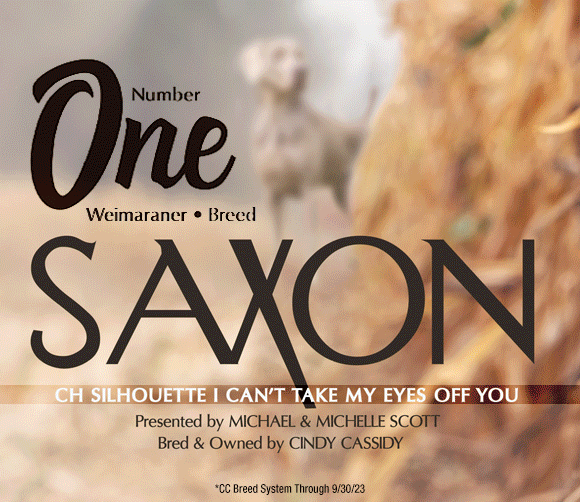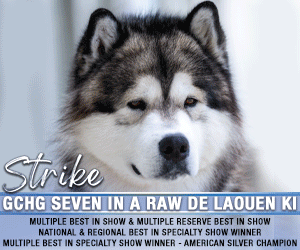Apartment Dogs Don’t Fit the Stereotype
By Amy Fernandez
 You’ve probably heard the phrase “reinventing the wheel”, which essentially means taking the long way around to what seems to be a fairly obvious conclusion. That concept applies to plenty of stupid stuff, but in our case it falls within the context of dogs.
You’ve probably heard the phrase “reinventing the wheel”, which essentially means taking the long way around to what seems to be a fairly obvious conclusion. That concept applies to plenty of stupid stuff, but in our case it falls within the context of dogs.
Life with dogs is standard procedure for us. We long ago devised straightforward solutions to plenty of seemingly complicated dog issues. For instance, if you train a dog to have nice leash manners there is no need to invest your life savings into a million different behavior experts and exotic leash/collar/harness combinations that almost never solve the problem. There are countless examples of this wheel reinvention nonsense that we witness on a daily basis. That’s a story in itself. But this one earned a gigantic article in The Times last weekend.
Apparently, the long-established principles of selective breeding and predictability have now been elevated to the status of an astounding discovery about canine behavior. Get ready… giant Working breeds tend to be fairly, low key housedogs. Yeah, for real. The general public has apparently totally lost the plot as far as what dog breeders have been doing for the last couple thousand years or so–because this dedication to tailoring breeds to meet specific expectations did not commence when the kennel club commandeered the procedure in the 1800s.
Here’s the gist of this breakthrough news. It’s no secret that pet ownership complicates the rental process. That door is beginning to open for the simple reason that most (normal) people want some form of animal companionship. However, the dog/rental regulations seem stuck on the size issue–which is a very stupid assumption.
As a lifelong owner of small breeds I know exactly how much damage they are capable of inflicting. And there is absolutely no correlation between size and a whole host of traits guaranteed to incite landlord discontent. Dogs under 20 pounds can definitely bark, bite and destroy things and people.
However, there is a very reliable way to calculate a breed’s potential for domestic mayhem. The story featured interviews with several apartment hunters seeking to relocate with one or more large Working breeds. The first quote came from a Great Dane owner who “learned the hard way that the perception of big dogs, accurate or not, influences the reality of urban real estate.”
So, here’s the big revelation of this investigative report. “Painting large breeds with broad strokes reinforces erroneous beliefs such as that Greyhounds need constant exercise when, in fact, many are couch potatoes.” Among others, they also interviewed a Cane Corso owner to reinforce this shocking concept. (There are at least 30-40 breeds that fit the bill) Mastiff? Tibetan Mastiff? St. Bernard. Okay, made the point.
At least this story emphasized the fact that training is non-negotiable when owning dogs that often outweigh their owners. But we also knew that already.
Here’s the thing. Long before kennel clubs made selective breeding official, large breeds were intentionally selected for very specific behaviors. Those traits are hardwired into the gene pool and they have always been in high demand. Right at the top of that list is a calm, quiet, watchful temperament. Realistically, that requirement is fairly essential for a dog that is meant to protect the home.
There’s never been any correlation between breed size and polite house manners. A Tibetan Mastiff weighs more than a Border Collie. Which one is likely to have more non-stop energy?
Obviously, every dog needs activity and exercise. And there’s a very simple way to learn that along with every other seemingly mystifying aspect of this deal. Selective breeding instills predictability. Therefore, you know what to expect if you read the pre-packaged instructions that come with every breed. That useful bit of info can be easily accessed by a glance at the breed standard. Adult size, coat type and tons of other useful details are packed into that concise fact sheet. Selective breeding takes the guesswork out of those big questions.
But why bother with 2000 years of successful results when we can reinvent the wheel?
Short URL: https://caninechronicle.com/?p=277551
Comments are closed












